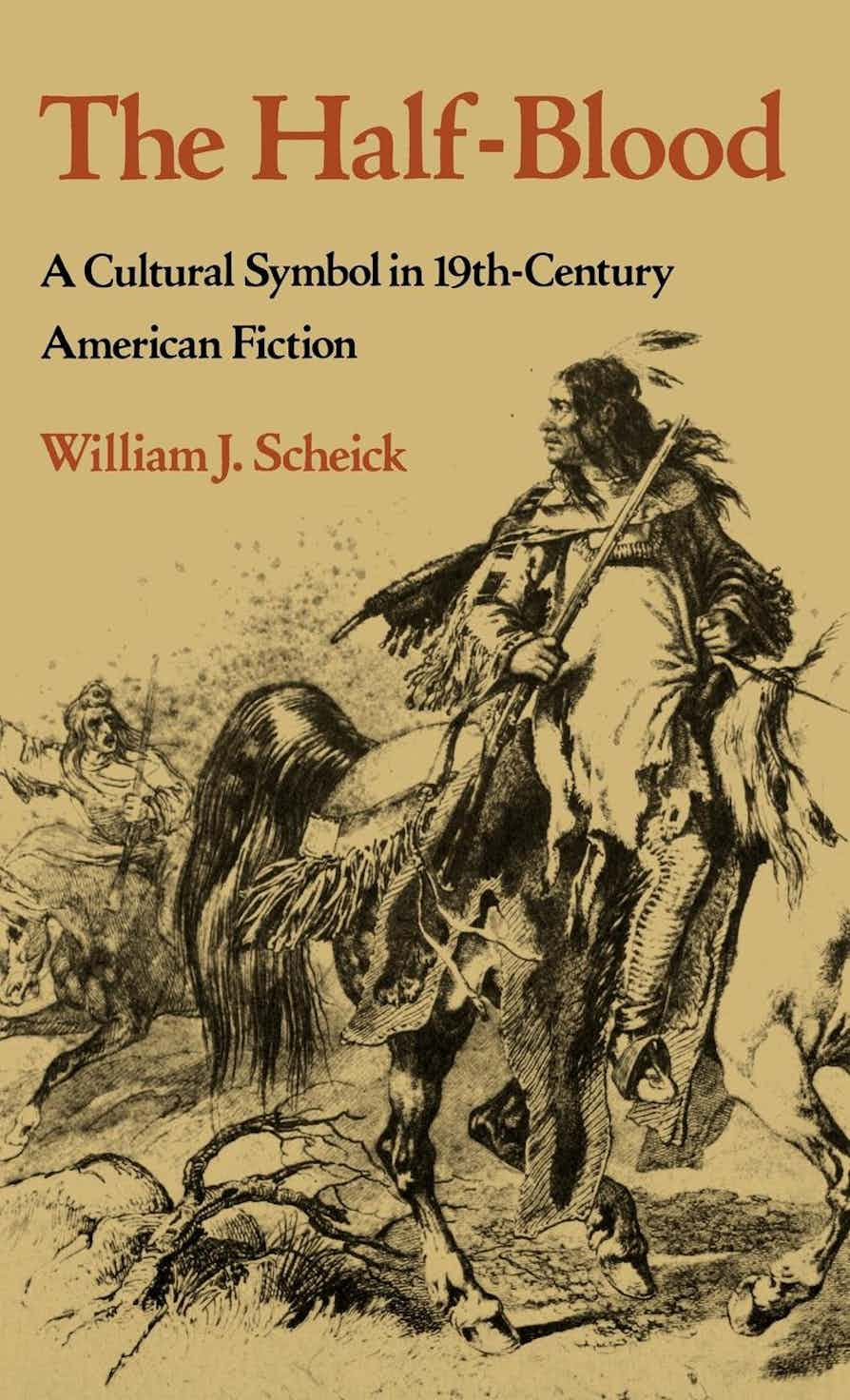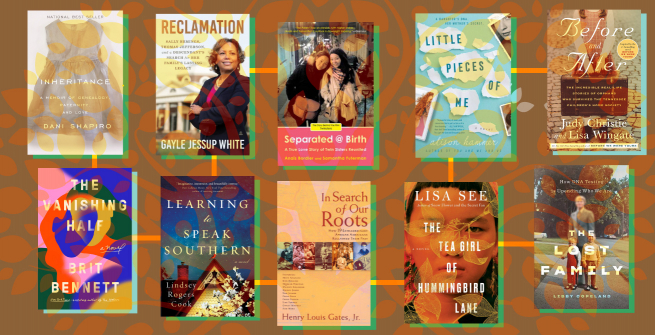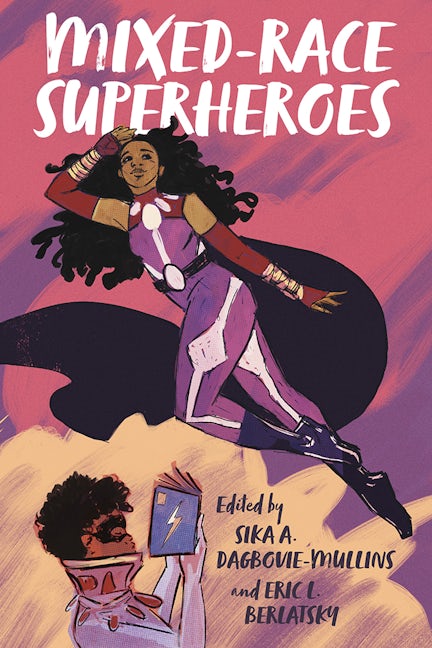An Interview with Paisley RekdalPosted in Articles, Asian Diaspora, Interviews, Literary/Artistic Criticism, Media Archive, United States on 2022-03-24 21:31Z by Steven |
An Interview with Paisley Rekdal
Kenyan Review
2021-07-07
Paisley Rekdal is a Distinguished Professor at the University of Utah, where she is also the creator and editor of West: A Translation, as well as the community web projects Mapping Literary Utah and Mapping Salt Lake City. In May 2017, she was named Utah’s Poet Laureate and received a 2019 Academy of American Poets’ Poets Laureate Fellowship. Appropriate: A Provocation, which examines cultural appropriation, was published from W.W. Norton in Feb. 2021.
Her work has received a Guggenheim Fellowship, the Amy Lowell Poetry Traveling Fellowship, a Fulbright Fellowship, a Civitella Ranieri Residency, a National Endowment for the Arts Fellowship, Pushcart Prizes (2009, 2013), Narrative’s Poetry Prize, the AWP Creative Nonfiction Prize, and various state arts council awards. Her poems and essays have appeared in The New York Times Magazine, American Poetry Review, Kenyon Review, Poetry, The New Republic, Tin House, the Best American Poetry series (2012, 2013, 2017, 2018, 2019), and on National Public Radio, among others.
RUBEN QUESADA: What is the earliest memory you have about your relationship to literature?
PAISLEY REKDAL: I recall when I felt I understood something about literature that other people didn’t. It was in fifth grade, when we were discussing Lord of the Flies, and the teacher asked who the self-sacrificial character Piggy might also remind us of. Piggy was meant to stand in for Jesus and I remember muttering that in class while the rest of the students looked a little baffled. I understood then that works of literature were often telling multiple stories at once; this multiplicity of meaning seemed to irritate other people, though it didn’t irritate me…
Read the entire interview here.








